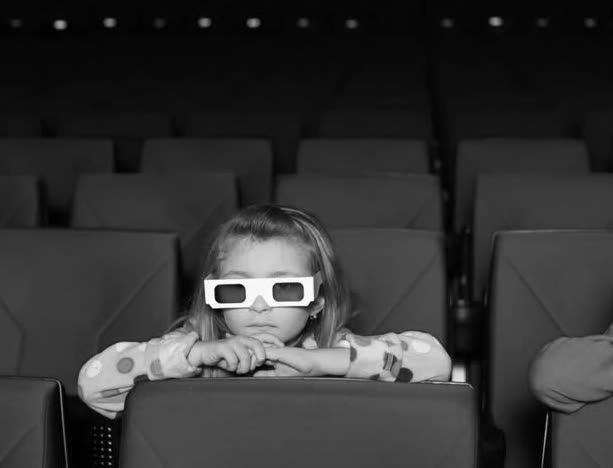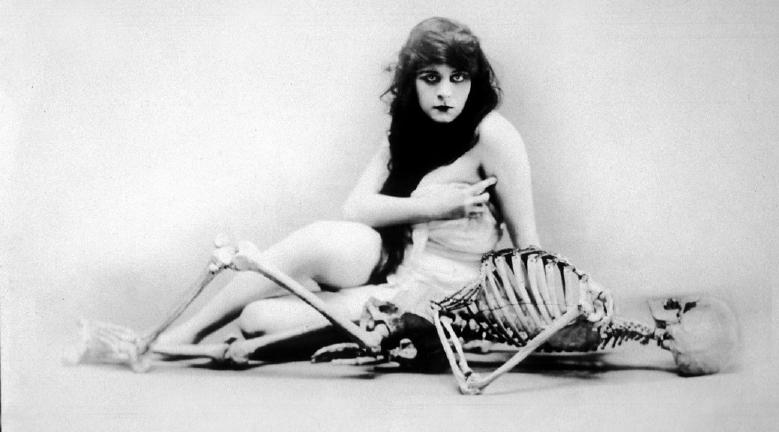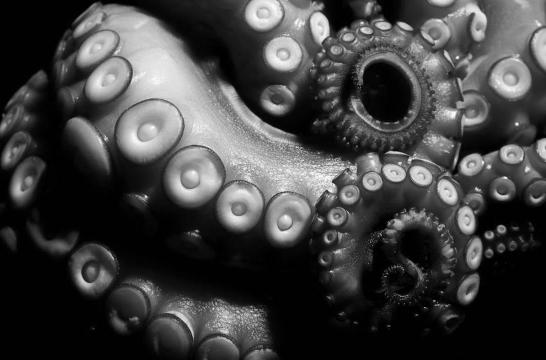La Vampire du Vieux Carré Christopher Love
I
t was late October and an unusually cold evening in New Orleans when Darrow Lindsay raised the window. His skin bubbled while he leaned over the sill and let the brisk, frosty air cling to his shirtless body. The moon, his luminescent lamp, glowed overhead, and he watched it for a moment until he felt ready to sit in his small wooden chair and begin his evening work. Three days had passed since he’d last painted because he had to wait tables to do that very annoying and inconvenient thing of making a living. He told himself that he painted by the magic of moonlight. He could barely see the canvas or calibrate the colors he mixed nor could he be clear if the images he created were the ones that he believed he had in mind. He believed that painting in the dark gave him a second sight, a way of imagining his art that a light bulb or even sunlight could never inspire. At sunset, he’d get his paint, canvas, and brushes ready; he’d pour himself
a glass of Merlot, and he’d keep the bottle nearby, stacked on a pile of ice in a cheap miniature red and white cooler. With dusk settling, he’d begin a new painting or revise an old one. A painting might take a week or a month or he’d set aside one for as long as a year and then come back to it like a rover returning to a faithful, patient and forgiving lover. Darrow’s paintings never pleased him, nor did they anyone else. For him, they always missed something—skill, for sure—he knew he had little—but it wasn’t skill he was after. But he knew he had to do it, to paint, and try to have his hands interpret with even the slightest accuracy what glimmered in the abyss of his imagination. He’d tried to sell them during festivals or on the street, but he didn’t put much effort into it, and no one was ever impressed enough to buy. In fact, he’d never sold a painting. But he tried every type: still life, portraits, self-portraits, landscapes, cityscapes and
15.





















